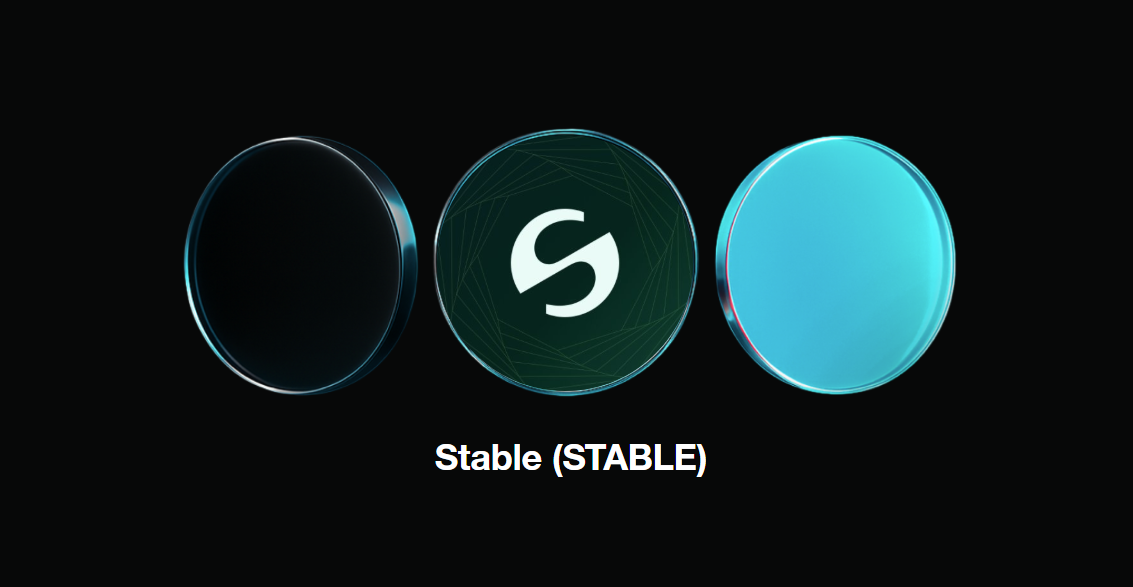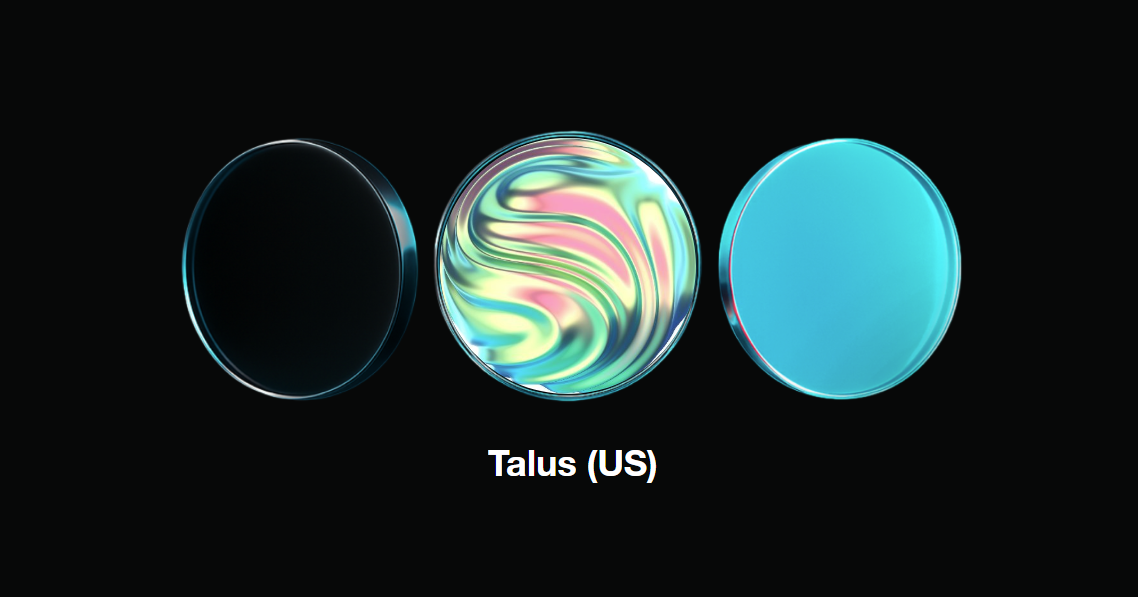
Shardeum (SHM): Solving the Blockchain Trilemma
What is Shardeum (SHM)?
Shardeum (SHM) is an EMV-compatible Layer 1 blockchain that introduces the concept of "dynamic state sharding" to solve the blockchain trilemma. Dynamic state sharding is a method that enables the network to scale linearly by adding more nodes, thereby increasing transaction throughput without compromising decentralization or security.

Who Created Shardeum (SHM)?
Shardeum was co-founded by Nischal Shetty and Omar Syed. Nischal Shetty is also the founder of WazirX, one of India's largest cryptocurrency exchanges. He envisioned a blockchain that could support widespread adoption without the usual limitations. Omar Syed, a veteran blockchain architect, began developing dynamic state sharding technology in 2018 to address scalability challenges in existing networks. Together, they envisioned Shardeum as a platform that addresses the limitations of existing blockchains by offering scalability, security, and decentralization in equal measure.
What VCs Back Shardeum (SHM)?
Shardeum has secured significant funding to support its development and ecosystem growth.
In October 2022, Shardeum raised $18.2 million in a seed round with participation from over 50 investors, including Jane Street, Struck Crypto, The Spartan Group, Big Brain Holdings, DFG, Ghaf Capital Partners, Foresight Ventures, CoinGecko Ventures, Wemade, ZebPay, Jsquare, MH Ventures, Nestcoin, Veris Ventures, Tupix Capital, Mapleblock Capital, and NetZero Capital.
In July 2023, the company completed a $5.4 million strategic funding round with investors such as Amber Group, Galxe, J17 Capital, TRGC, Jsquare, Bware Labs, Tané Labs, Hyperithm Group, Luganodes, Blockchain Ventures Hub, CryptoViet Ventures, and Blue7.
How Shardeum (SHM) Works
Dynamic State Sharding
Traditional blockchains often face scalability issues because every node processes every transaction. Shardeum tackles this by implementing dynamic state sharding, which divides the network into smaller segments called shards. Each shard processes a subset of transactions, allowing for parallel processing and increased throughput. As more nodes join the network, new shards are created dynamically, so the system remains fast and efficient despite increased load.
Consensus Mechanism
Shardeum employs a hybrid consensus mechanism that combines Proof-of-Stake (PoS) and Proof-of-Quorum (PoQ). In this system, validators are selected based on the amount of SHM tokens they stake, and a quorum of validators must agree on the validity of transactions. This approach enhances security while maintaining decentralization.
Autoscaling
One of Shardeum's standout features is its ability to autoscale. The network automatically adjusts its capacity based on real-time demand. If there's a surge in transactions, Shardeum adds more validators to handle the load. When demand decreases, it scales down, maintaining efficiency and low costs.
Atomic and Cross-Shard Composability
Shardeum enables complex transactions that involve different smart contracts across different shards to be processed together seamlessly and reliably. This means that if a transaction involves multiple parts, they all succeed or fail as one unit, maintaining consistency and integrity across the network. By employing transaction-level consensus and dynamic state sharding, Shardeum ensures that smart contracts can interact across shards without issues and multiple smart contracts across different shards can be processed together as a single, atomic transaction. This approach allows developers to build advanced applications without worrying about the underlying shard structure.
SHM Goes Live on Bitget
Shardeum addresses the "blockchain trilemma"—the challenge of achieving scalability, security, and decentralization, simultaneously. By implementing dynamic state sharding and autoscaling, Shardeum ensures that the network can grow without compromising on speed or cost. Its unique consensus mechanisms also provide robust security, and its open, permissionless nature promotes decentralization by allowing anyone to run a node and participate in the network.
The native token of Shardeum, SHM, plays a pivotal role within its ecosystem. Serving as a utility token, SHM is used to pay for transaction fees, stake for network security, and participate in governance decisions. Its deflationary model, where transaction fees are burned, contributes to the increasing scarcity of SHM over time. With a fixed maximum supply of 508 million tokens, SHM's value proposition is strengthened by its limited availability and utility within the network.
For those looking to engage with SHM, Bitget provides a user-friendly platform for trading. With its intuitive interface and robust security features, Bitget makes it easy for users to buy, sell, and manage SHM tokens.
How to Trade SHM on Bitget
Listing time: May 8, 2025
Step 1: Go to SHMUSDT spot trading page
Step 2: Enter the amount and the type of order, then click Buy/Sell
For detailed instructions on how to spot trade in Bitget, please read The Uncensored Guide To Bitget Spot Trading .
Trade SHM on Bitget now!
Disclaimer: The opinions expressed in this article are for informational purposes only. This article does not constitute an endorsement of any of the products and services discussed or investment, financial, or trading advice. Qualified professionals should be consulted prior to making financial decisions.

- Stable (STABLE): The USDT-Native Layer-1 Blockchain2025-12-12 | 5m
- Talus (US): The Layer 1 for On-Chain AI Agents2025-12-10 | 5m


